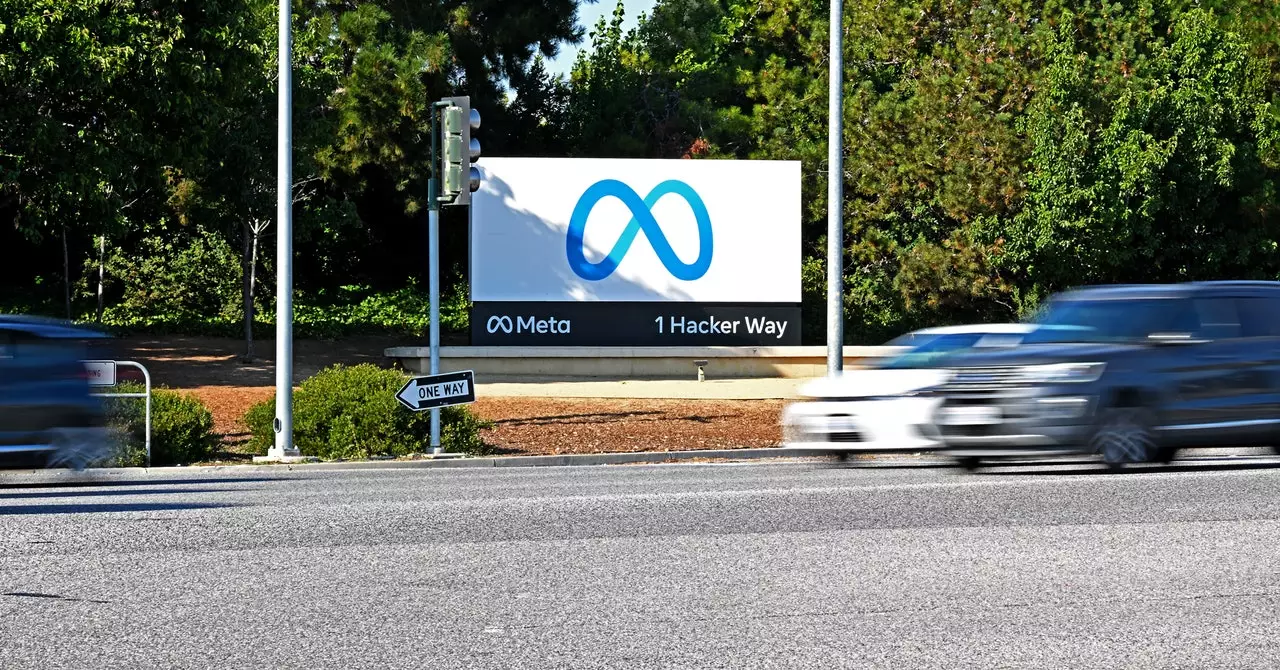The recent shift of Meta’s personnel to Texas as part of a broader corporate strategy has raised significant questions among employees and analysts alike. While this relocation might appear to be a tactical move aimed at addressing public perception, its effectiveness in altering the fundamental viewpoints of existing employees remains doubtful. As the company deals with various challenges—from lawsuits involving its former ally, Donald Trump, to controversial internal policy changes—the ramifications of these decisions could have long-lasting impacts on both employee morale and public reputation.
The backdrop of Meta’s relocation strategy unfolds within a politically charged atmosphere. Following the tumultuous events surrounding January 6, 2021, which led to the suspension of Trump’s account, Meta found itself entangled in contentious litigation. Employees expressed frustration, questioning whether corporate actions aimed at appeasing political figures like Trump undermine the integrity of the workplace. Moving employees from California, a state often seen as a bastion of progressive values, to Texas—a state with a contrasting political climate—might not magically reshape the political views of these individuals; it could just as easily lead to discontent and divisiveness within the workforce.
One cannot help but contemplate whether this move is genuinely about perceptions or a strategic retreat from a progressive stance. Employees have reportedly voiced concerns that Meta’s decisions cater more to the whims of external political pressures than to the needs and values of its workforce. This friction suggests a fundamental disconnect between leadership’s intentions and the lived experiences of their employees.
In tandem with the shifts in location, Meta recently unveiled plans to cut 5% of its workforce. While the company insists on refilling these positions throughout the year, the implications of workforce reduction paired with relocation efforts signal a troubling trend. The cessation of diversity, equity, and inclusion initiatives further exacerbates these issues. By lacking clear targets for hiring historically underrepresented groups, Meta risks perpetuating a lack of diversity, leaving many employees questioning the company’s commitment to inclusivity.
Furthermore, the alteration of policies surrounding hate speech and user-generated content has ignited additional outrage. Employees fear that by allowing more aggressive forms of expression—especially comments related to gender and ethnicity—the company may inadvertently foster an environment ripe for harassment. Recent communications from Meta’s leadership indicated a shift towards promoting diverse perspectives, but critics argue that it inadvertently grants a platform to misogynistic and bigoted viewpoints. The confusion around the intention versus the outcome of these policies may lead to a chaotic user experience and erode trust within the community Meta strives to cultivate.
Meta’s revised policies have not gone unnoticed by civil rights advocacy organizations. A coalition of twelve groups has conveyed “grave concern” regarding the potential harms these changes might incite—escalating attacks and harassment of marginalized groups, driving them away from the platform. This backlash highlights a critical issue: while Meta may seek to expand free expression, the unintended consequences could significantly impoverish the quality of interactions on their platforms and stifle genuine dialogue.
The ongoing decision to limit stats on the diversity within its workforce adds another layer of complexity to Meta’s narrative. Employees report that certain managers still uphold a commitment to diversity, despite the absence of formal targets, which creates confusion and inconsistency in corporate messaging and action. This inconsistency could lead to a decreased sense of security across the workforce and disillusionment among those advocating for a genuine commitment to equity.
As Meta’s leadership embarks on this contentious path, the real question emerges: how can the company reconcile its strategic objectives with the values of its employees? The juxtaposition of relocating personnel to a politically different region while simultaneously dismantling diversity initiatives speaks to a broader identity crisis within the organization. Meta’s leaders must recognize that the health of its workforce and the perception of its brand are inexorably linked. To navigate these treacherous waters, constructive dialogue with employees, robust efforts to foster inclusivity, and genuinely transparent communication are necessary.
While the future strategies of Meta aim to reposition the company in the public eye, the implications of such decisions on employee sentiment and company culture cannot be overlooked. Listening to employee voices and continually adapting to the evolving landscape will be key to maintaining corporate integrity and sustaining a healthy workplace environment.

